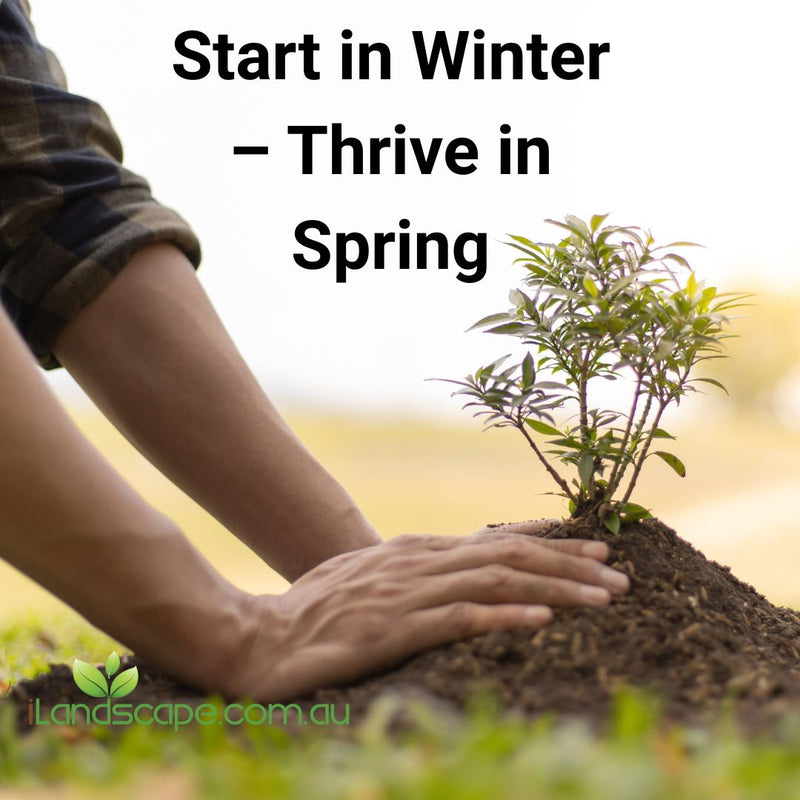
Why It’s a Great Idea to Plant in Winter
Zamia furfuracea, commonly known as the Cardboard Palm, is an attractive and unique plant known for its stiff, cardboard-like leaves and slow-growing nature. While it adds an interesting architectural element to any garden or indoor space, it’s important to note that this plant is not pet-friendly.
Zamia furfuracea is a cycad native to Mexico. It features a rosette of leathery, pinnate leaves that emerge from a central stem. The leaves are thick, stiff, and have a distinctive texture that resembles cardboard, hence the common name Cardboard Palm.
The Cardboard Palm produces cone-like structures rather than traditional flowers, typical of cycads. These cones are usually produced at the base of the plant and can add to the plant’s ornamental appeal.
The foliage is the main attraction of Zamia furfuracea. The leaves are dark green, pinnate, and can grow up to 1 meter long. Each leaf comprises multiple pairs of leaflets that are thick and tough, giving them a unique, textured appearance.
Zamia furfuracea typically grows to a height and spread of 0.6 to 1 meter, making it a manageable size for both indoor and outdoor settings. Its compact form and striking foliage make it a popular choice for decorative purposes.
Zamia furfuracea is toxic to both cats and dogs. The plant contains cycasin, a toxin that can cause severe health issues if ingested. Symptoms of poisoning include vomiting, diarrhea, liver failure, and in severe cases, death. Every part of the plant, especially the seeds, is highly toxic.
While the Cardboard Palm is a visually striking and low-maintenance plant, it is crucial to keep it out of reach of pets and small children due to its high toxicity. If you have pets, consider choosing pet-friendly alternatives to ensure their safety.
For pet-friendly gardens, consider pairing non-toxic plants that can provide a similar lush, green appearance without the risk to pets. Here are a few options:
Cardboard Palm
Zamia furfuracea
Zamiaceae
Native to the coastal areas of Eastern Mexico, Zamia furfuracea has become popular in gardens and indoor plant collections worldwide due to its distinctive appearance and easy-care nature.
Zamia furfuracea, with its unique cardboard-like leaves, is a fascinating plant that can add a tropical touch to your home or garden. However, its toxicity to pets makes it a risky choice for households with cats or dogs. Always prioritize the safety of your furry friends by opting for non-toxic plants whenever possible
Read lessQuantity:
Usually ready in 24 hours —
As we cannot guarantee stock all year around on Pots & Plants please hit us up via the chat button and we can get back to you with availability
Delivery Options
Product Availability
Plants & Pots come and go all year around.
Where are our plants Grown and how do we grow them
How to Look after your plants like we do

